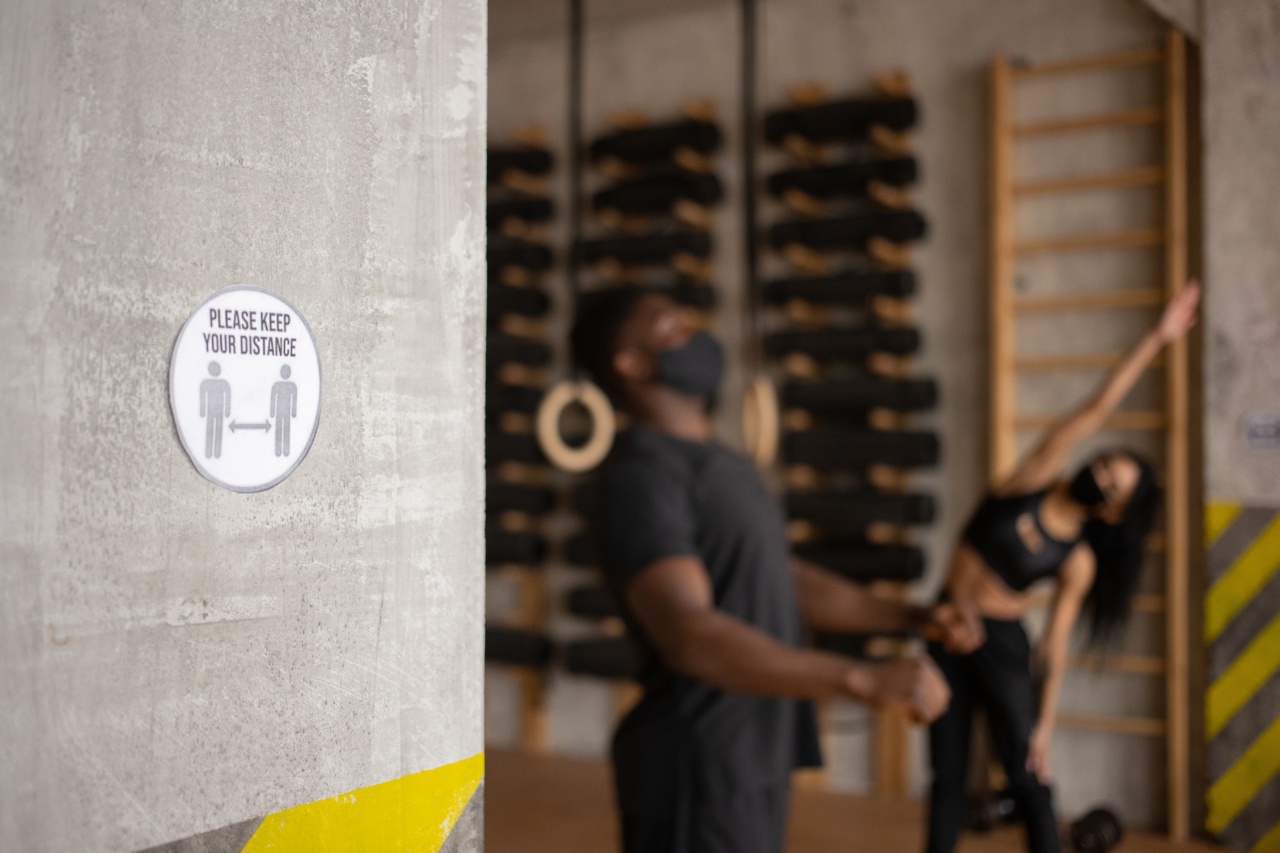Osteopenia is a bone disorder that occurs when the body does not make enough new bone or when too much old bone is resorbed by the body or both. This disorder leads to a decrease in bone density, making bones weaker and more prone to fractures.
Osteopenia is a precursor to osteoporosis, a more severe form of bone loss, and affects millions of people worldwide.
What Causes Osteopenia?
Several factors can contribute to the development of osteopenia. Some of these factors include:.
- Age: As we grow older, our bodies make less new bone, and the old bone is resorbed faster, leading to bone loss.
- Gender: Women are more prone to osteopenia and osteoporosis than men due to hormonal changes that occur during menopause.
- Dietary deficiencies: A lack of calcium, vitamin D, and other essential nutrients can affect bone health and contribute to osteopenia.
- Genetics: Family history plays a crucial role in bone health. If your parents have had osteopenia or osteoporosis, you are more likely to develop these conditions.
- Sedentary lifestyle: A lack of physical activity can lead to bone loss and increase the risk of osteopenia.
- Smoking and alcohol abuse: Smoking and heavy alcohol consumption can negatively impact bone health and increase the risk of osteopenia.
How to Diagnose Osteopenia?
Diagnosing osteopenia involves a bone density test that measures the mineral density of bones. The most common bone density scan is called a DEXA scan, which stands for dual-energy X-ray absorptiometry.
It’s a simple and painless test that uses small amounts of radiation to measure bone density. The results of the test are given as a T-score, which compares your bone density to that of a healthy young adult.
If your T-score is between 1 and -1, your bone density is considered normal. If your T-score falls between -1 and -2.5, you are diagnosed with osteopenia, and if your T-score is below -2.5, you are diagnosed with osteoporosis.
Preventing and Treating Osteopenia
Preventing osteopenia and treating it involves lifestyle changes and, in some cases, medication. Here are some tips on protecting your bones from osteopenia:.
Get Enough Calcium and Vitamin D
Calcium and vitamin D are essential for bone health. Calcium is the primary mineral that makes up bone, and vitamin D helps the body absorb calcium. A lack of these nutrients can contribute to osteopenia and osteoporosis.
The recommended daily intake of calcium for adults is 1,000 to 1,200 milligrams per day, and for vitamin D, it’s 600 to 800 IU per day.
Eat a Balanced Diet
A balanced diet rich in fruits, vegetables, whole grains, lean protein, and low-fat dairy products can help support bone health. Eating a diet that’s high in processed foods, red meat, and saturated fats can negatively impact bone health.
Engage in Weight-Bearing Exercises
Weight-bearing exercises, such as walking, jogging, hiking, dancing, and weightlifting, can help stimulate bone growth and prevent bone loss. Aim for at least 30 minutes of exercise five days a week.
Avoid Smoking and Excessive Alcohol Consumption
Smoking and excessive alcohol consumption can negatively impact bone health and increase the risk of osteopenia and osteoporosis. Quit smoking and limit alcohol consumption to one drink per day for women and two drinks per day for men.
Take Medications, if Prescribed
If you have been diagnosed with osteopenia or osteoporosis, your doctor may prescribe medications that can help slow down bone loss and improve bone density. These medications include bisphosphonates, hormone therapy, calcitonin, and denosumab.
It’s important to take these medications as prescribed and to talk to your doctor about any potential side effects.
The Bottom Line
Osteopenia is a common bone disorder that affects millions of people worldwide.
Leading a healthy lifestyle that includes a balanced diet, weight-bearing exercises, and avoiding smoking and excessive alcohol consumption can help support bone health and prevent osteopenia and osteoporosis. If you have been diagnosed with osteopenia, talk to your doctor about medications that can help improve bone density and reduce the risk of fractures.






























